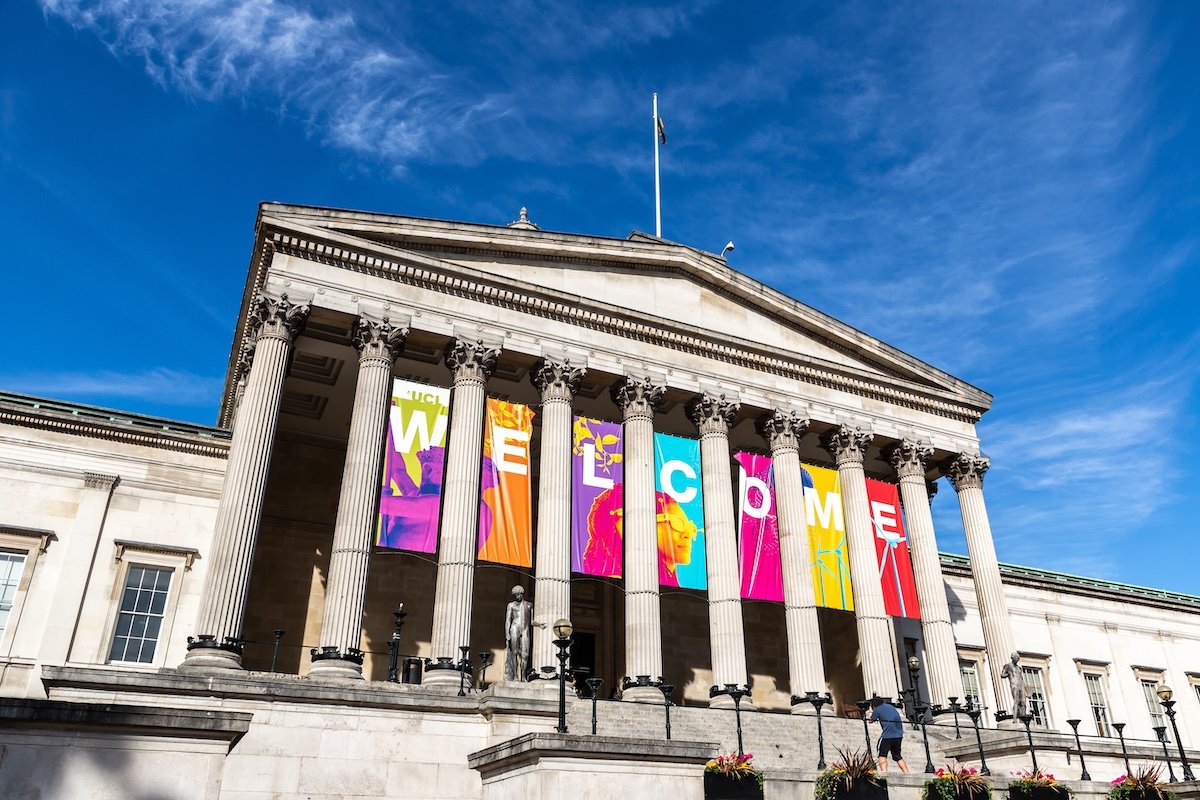Will the UK Trump the States on students?
Donald Trump is only one month into his second term as US president, but he has wasted no time in implementing many of the controversial measures promised throughout his campaign.
There has been much speculation about how his tenure – and immigration measures especially – could affect global economic markets and human migratory behaviours. For international students, his return to power could make it more difficult to study in the States. If that is the case, London could find itself an unlikely beneficiary.
Students are a valuable resource for any economy. As well as providing crucial financial support to institutions, students spend their cash in local areas and create a rich talent pool for businesses – many of the ingredients required for economic growth.
In spite of this, Trump looks set to reinstate restrictive immigration policies affecting student visas and work opportunities. The denial rate for H-1B visas (a popular pathway for international graduates to work in the US), peaked at 24% in 2018 (Trump 1.0) compared to just 2% in 2022 under the Biden administration. With more than 1 million international students enrolled in US institutions during the 2022/23 academic year, this could impact a significant number of talented youngsters who may have no choice but to go elsewhere.
Just as the UK experienced post-Brexit (when the number of EU students plateaued, reversing years of growth), this perceived threat is already leading many global students to consider alternative destinations. East Asian student interest in the US has declined, while countries like the UK are emerging as more attractive options thanks to our world-class universities, more favourable visa policies and flexible post-graduation work options.
More broadly, Trump’s presidency could heighten global economic uncertainty and affect the value of the pound. A weaker pound could make London more appealing to international students by lowering the cost of tuition and living expenses in comparison to other destinations.
If it wasn’t for our perennial housing crisis, the arrival of more international students on our shores would be good news. Instead, such a surge in demand could exacerbate existing challenges in the student housing market, particularly in London. The supply of purpose-built student accommodation (PBSA) is currently 60% below pre-pandemic levels. There are now approximately 100,000-150,000 fewer beds for students in shared rental houses compared to 2021, according to Unite, as higher interest rates and more regulation have pushed many small-scale landlords to quit.
All the while, university applications remain steady. Although numbers were down marginally in 2024, UCAS figures show they were still 6% above pre-Covid levels, indicating continued demand. This imbalance continues to drive up rents, with major providers such as Unite predicting a 7% rise in 2024-25. In many ways, there has never been a better time to be a student accommodation provider (notwithstanding the ongoing challenges of the planning system, construction costs and now the Building Safety Act, of course).
The next four years will no doubt offer us many surprises. But it’s clear that a more isolationist Trump could present a real economic opportunity for London. If we can speed up the delivery of student accommodation, we can attract the world’s brightest to study here – boosting both the country’s brain and economic power.


